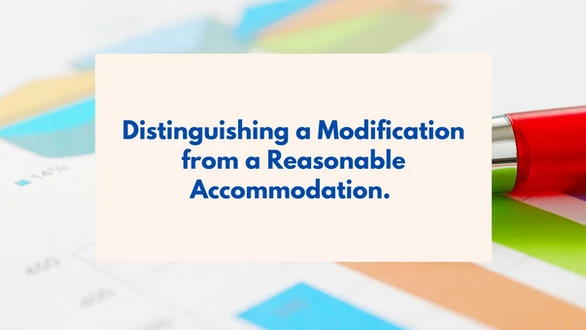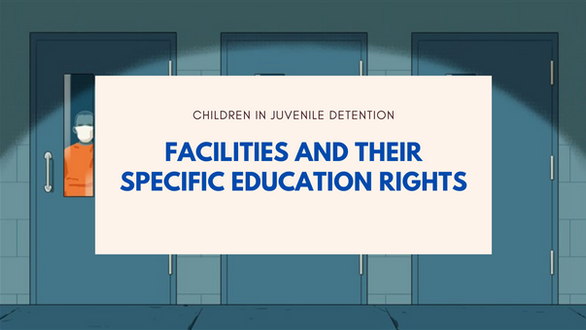Summer break is the most anticipated part of the school year for most students (and frankly, teachers as well). However, it also presents an opportunity for students – especially those with disabilities – to forget what they have learned in school. As a remedy for this, a child’s Individualized Educational Program (IEP) may include Extended School Year services (ESY), which are covered by the Individuals with Disabilities Education Act (IDEA).
ESY services are defined as “special education and related services that are provided to a child with a disability, beyond the normal school year of the public agency, in accordance with the child’s IEP and at no cost to the parents of the child, and that meet the standards of state educational agency.”(1) These services are usually set up for a four- or five-week period during the summer. Typically four days a week, the student attends a class taught by a teacher who is qualified to teach special education and who understands the student’s IEP goals.
Not all students with an IEP will qualify for these services, however. These services were added to the IDEA after plaintiff victories in a number of cases, such as Daniel Lawyer v. Chesterfield (VA) Board of Education and Reusch v. Fountain. The substantive results of these cases was also a set of guidelines for deciding whether a student qualifies for ESY services. In sum, these “regulations state that, to qualify, a child with a disability must lose two-thirds of the skills they learned during the school year (usually based upon progress toward IEP goals), and take between six and nine weeks of the next school year to regain those skills.” These standards are quite restrictive, and as such, students that qualify for ESY services are likely to be those with more severe disabilities.
Due to a lack of funding for these summer programs, school districts must often be pushed to evaluate and, hopefully, qualify a student for ESY services. With summer around the corner, parents who believe that their child’s IEP should include ESY services must take these actions as soon as possible. The student’s IEP team and/or case manager can provide parents with the necessary steps in obtaining these services for their child.
1.) Bishop, N. “What are Extended School Year Services and Who Qualifies?” Special Education Guide. 15 July 2013. Web.











